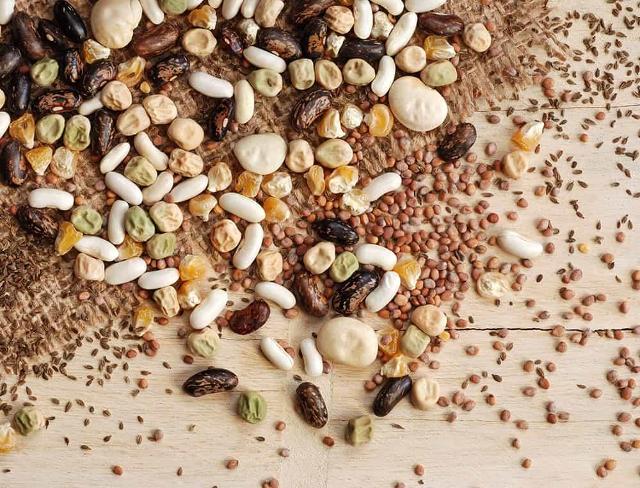
Get The Latest News!
Don't miss our top stories and need-to-know news everyday in your inbox.
BUZZ MAGAZINE - For the home gardener, seeds are a topic of great interest. Some of us shop for our seeds each spring and some of us spend the tail end of each growing season collecting our seeds for next year's gardens. I can honestly say that I am both. I feel like it is important to save your own seeds for several reasons: saving seeds is free, supply chain shortages can make it difficult, if not impossible to acquire your garden seeds, seed saving produces stronger plants each year and it builds a stronger community.
One of my early spring indulgences is to fix myself a big mug of hot Earl Grey and flip through my seed catalogs with sticky notes and notebook. I love finding pretty new flowers to incorporate and new varieties of my favorite foods to try, either for their beauty or new flavor profiles. If you're like me, you know just how costly this can quickly become. The cost of seeds is growing each year and the number of seeds you get per pack is dwindling. I used to share seed orders with family, but now one pack is generally only enough for one person's garden. The COVID shutdowns really showed us how devastating supply shortages can be.
I remember when the fear of major food shortages put an urgency to grow a garden in the hearts of many. Nearly all major seed companies were rushed with orders and sold out of the majority of their seed stores within a matter of a few weeks. Having your own home seed bank will protect you from supply chain shortages and the almost guaranteed influx in seed cost.
Saving your own garden seeds also produces a strong line of plants for you. Your plants grow and produce seeds that will grow into plants that will grow stronger and stronger in your micro-climate every year. Saving seeds from your best fruit/plants will give you great genetics for next year's plants.
Saving your own seeds will also produce a stronger sense of community in that you will grow stronger plants each year that produce better and more food; food that can be shared. It also produces an abundance of potential seeds to be saved that can provide for your own family and be shared with friends and members of your community. If you have a local seed bank, you can make donations there than can be shared with locals. You can also join a seed swap where you bring seeds you have an abundance of to trade. Look out for local and online seed swaps in early spring. If you need help learning how to save your seeds, you can find my article on the topic from last September at www.thebuzzmonthly.com.
I hope this information is helpful and you get out there and get your hands dirty! Please feel free to share your experience and tips on my Instagram or Facebook page @Bottom ViewFarmIL.
Kris Hart lives in Litchfield and has a small hobby farm making strides towards sustainable living and organic/heirloom gardening. Contact her at kris.hart17@yahoo.com.
This story originally ran in the October 2022 issue of The Prairie Land Buzz Magazine http://www.thebuzzmonthly.com.
More like this:
